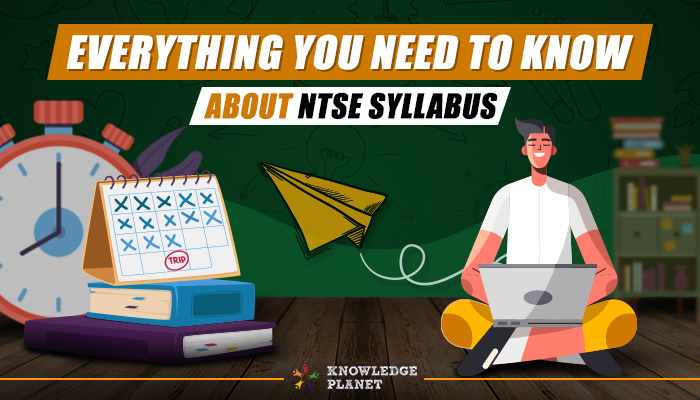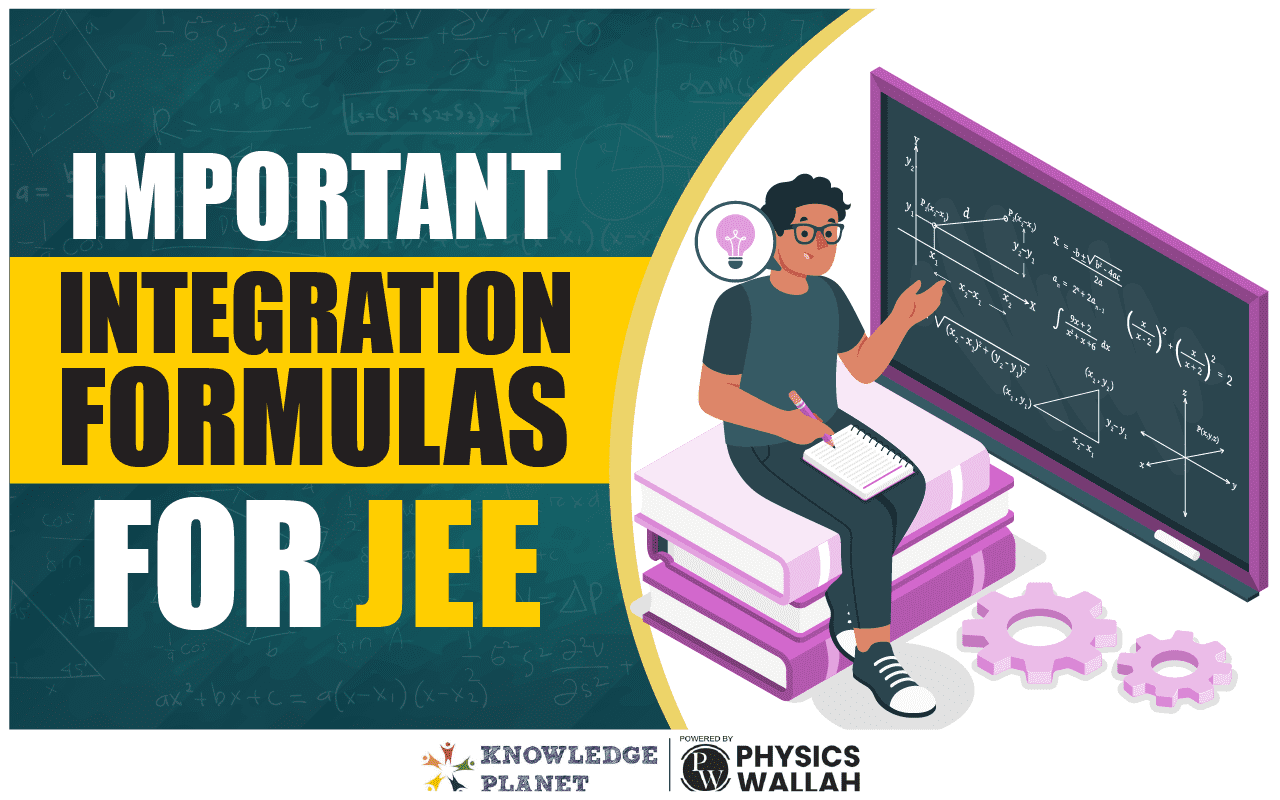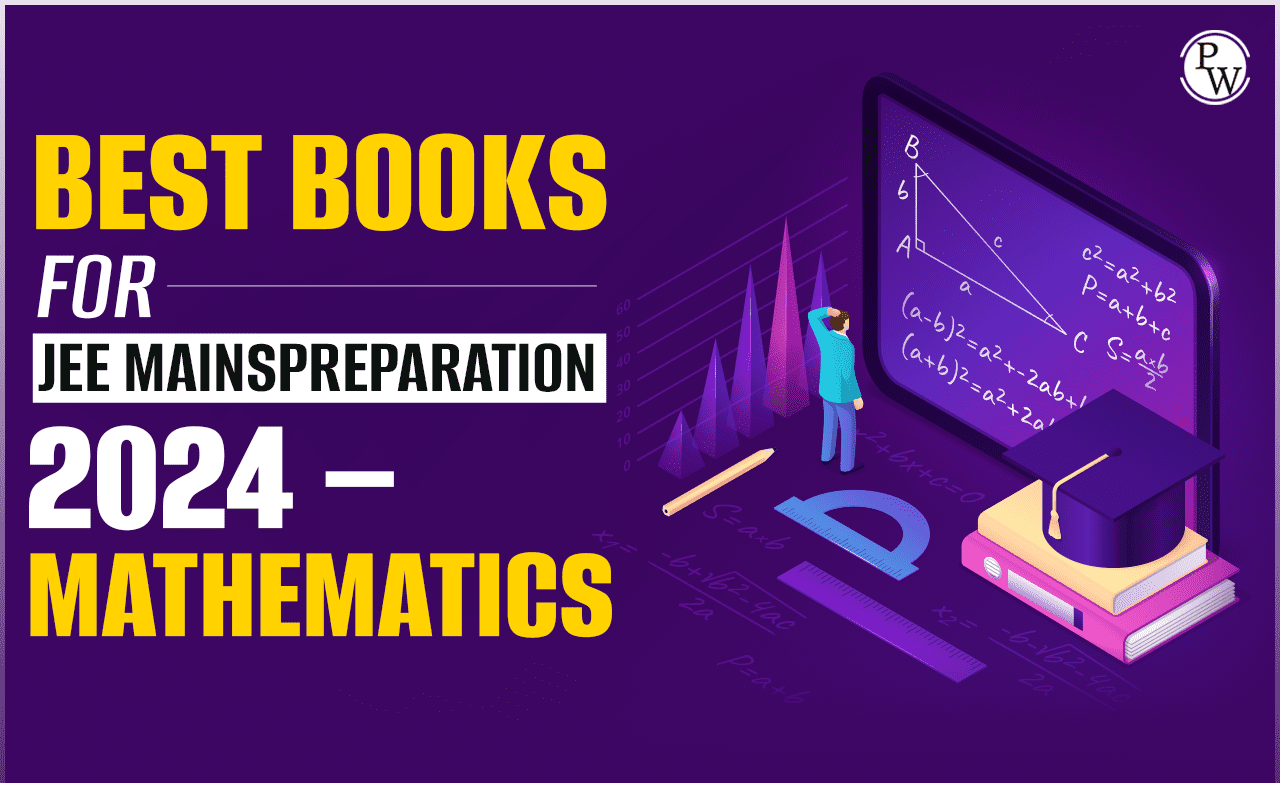JEE Advanced Number of Attempts: The final stage of the Joint Entrance Examination (JEE) is the JEE Advanced exam, considered the most challenging entrance exam for admission to Engineering courses in different engineering institutes in India. The JEE Advanced exam is conducted yearly, providing opportunities for engineering aspirants to qualify and secure seats in renowned engineering institutions.
Candidates need to know how many attempts of JEE Advanced are allowed and whether there is any limitation on the number of attempts for the JEE Advanced exam. This article provides necessary and relevant information about the JEE Advanced Eligibility criteria and JEE Advanced Number of Attempts Allowed to make you more informed and updated.
What is the JEE Advanced Exam?
The JEE Advanced, formerly known as the Indian Institute of Technology-Joint Entrance Examination (IIT-JEE), is intended to evaluate a student's aptitude and expertise in science and engineering.
The JEE Advanced is the second phase of the two-stage JEE exam process and is conducted annually by the National Testing Agency (NTA) to allow deserving candidates to get into some of India's most prestigious engineering institutions.
This highly competitive JEE-Advanced exam is only applicable to candidates who are placed in the top 2,50,000 ranks of the JEE Main exam.
JEE Advanced Number of Attempts Allowed
JEE Advanced is conducted once a year, and there is a criterion for the number of times a candidate can appear for the JEE Advanced exam. Per the official criteria, candidates who have qualified in the JEE mains and fulfil all the required eligibility requirements can appear for JEE Advanced a maximum of two times in two consecutive years. After two consecutive attempts, candidates cannot appear for the JEE Advanced exam.
Also Read: How Many Attempts for JEE Main
JEE Advanced 2024 Eligibility Criteria
Candidates must know about the JEE Advanced eligibility criteria as established by the authorities. This set of criteria determines which candidates are eligible to take the JEE Advanced exam. The five essential criteria include the following parameters:
-
Performance in JEE Main
-
Maximum Age
-
Appearance in the 12th exam
-
Marks in the 12th Exam
-
Earlier admission to IITs
JEE Advanced Eligibility Criteria Candidates Performance in JEE Main
-
Candidates must pass JEE Main (Paper 1) and secure a rank among the top 2,50,000 qualified candidates (across all categories) of B.E./B.Tech candidates.
-
The following reservation criteria will determine which 2,50,000 JEE Main candidates in each category are eligible for JEE Advanced 2024:
|
Category-wise Reservation of Candidates for JEE Advanced |
|
|
Category |
Reservation percentage |
|
General/EWS |
10% |
|
OBC -NCL |
27% |
|
SC |
15% |
|
ST |
7.5% |
|
PwD |
5% (above all) |
|
Open |
40.5% |
JEE Advanced 2024 Age Limit
-
The Maximum age eligibility criteria for JEE Advanced exam 2023 states that those who were born on or after October 1, 1998, are eligible to take the exam.
-
Candidates who fit into specific categories, including SC, ST, or PwD, are granted a five-year relaxation on maximum age. Candidates who fall into these categories and have been born on or after October 1, 1993, are eligible to appear for JEE mains exam.
JEE Advanced Qualifying Exam
-
The JEE Advanced 2024 Exam is open to candidates who took the Class 12th exam in 2023 or want to take it in 2024 for the first time.
-
Candidates must have completed Physics, Chemistry, and Mathematics as required courses in class XII.
-
Candidates who appeared for the class 12 exam for the first time in 2022 and the results were declared on or after October 25, 2022, are also eligible for the JEE Advanced exam 2024.
JEE Advanced Qualifying Exam Marks Criteria
Candidates must fulfil the JEE Advanced 2024 eligibility requirements for minimum scores they need to achieve in the Class 12 exam.
-
For General and OBC candidates applying for JEE Advanced 2024, the percentile needed in the 12th exam is 75%. For SC/ST applicants, the qualifying percentage for JEE Advanced is 65%.
-
The candidates’ marks in Physics, Chemistry, Mathematics, Language, and any other subject will be considered while determining their aggregate marks.
Also Read: How Many Students Appeared for JEE Main 2023
JEE Advanced Earlier Admissions to IITs
-
Students who have already been admitted to an IIT or ISM will not be permitted to appear in JEE Advanced, whether or not they continue the program.
-
Candidates will not be allowed to take JEE Advanced if they have previously accepted an IIT seat by reporting online or through a reporting centre.
-
Candidates whose seats were cancelled after they enrolled at any IIT for whatever reason are not eligible to appear for the JEE Advanced exam.
-
Candidates who have enrolled for the first time for any preparatory course in any of the IITs in the previous year are eligible to apply for the JEE Advanced exam.
Benefits of JEE Advanced Double Attempts
-
Candidates can get more opportunities to raise their ranking by performing better if they don't get the desired rank on the first try.
-
You can expand your knowledge in a variety of disciplines and improve your comprehension of the concepts by preparing for JEE Advanced more than once.
-
A crucial advantage is that candidates will get an opportunity to improve upon the weak areas or rectify their faults on the second attempt.
-
Students will get the necessary exposure during their first attempt at the JEE Advanced exam and utilise this experience to take the JEE Advanced exam for the second time successfully.
Disadvantages of JEE Advanced Double Attempts
-
There might be an intense pressure to perform better in JEE Advanced on the second attempt, which can cause more stress and anxiety.
-
Preparing for the JEE Advanced second time requires more effort and consumes a lot of time that might affect your other planning.
-
Candidates who cannot perform better in the second attempt of the JEE Advanced may be excluded and become frustrated.
JEE Advanced Number of Attempts FAQs
Q1. How can candidates improve their performance in the JEE Advanced second attempt?
Ans. Candidates become familiar with the JEE Advanced exam format and question types on their first attempt, which will help them prepare more effectively for the second time. Analysis of performance on the first try guides candidates to improve on weak areas and improve their scores.
Q2. Is it necessary to qualify for the JEE mains for appearing in JEE Advanced?
Ans. Yes, candidates must qualify for the JEE mains to become eligible to appear for the JEE Advanced exam.
Q3. What are JEE Advanced eligibility marks in the 12th exam?
Ans. Candidates applying for the JEE Advanced need to qualify for the class 12th exam with 75% aggregate marks. However, for the reserved category, the minimum marks requirement is 65%.
Q4. What are the qualifying criteria in JEE mains for candidates to appear in JEE Advanced?
Ans. To qualify for JEE Advanced consideration, candidates must rank among the top 2,50,000 successful B.E/B.Tech candidates of JEE Mains exam.
Q5. Can a candidate who appeared for JEE Advanced in 2023 for the first time also apply for the JEE Advanced 2024?
Ans. Yes, a candidate who appeared for JEE Advanced 2023 for the first time can take a second attempt for JEE Advanced 2024 because a maximum of two consecutive attempts are permissible.

DASA Admission for NRI Students 2026 requires JEE Main scores for UG and GRE/GMAT for PG admissions. Registration starts online at dasanit.org in June 2026, with 15% supernumerary seats and a CIWG quota. Tuition fees are around USD 4,000 per semester (USD 2,000 for CIWG), and counselling will be conducted online in July after JEE Main results.















































































































